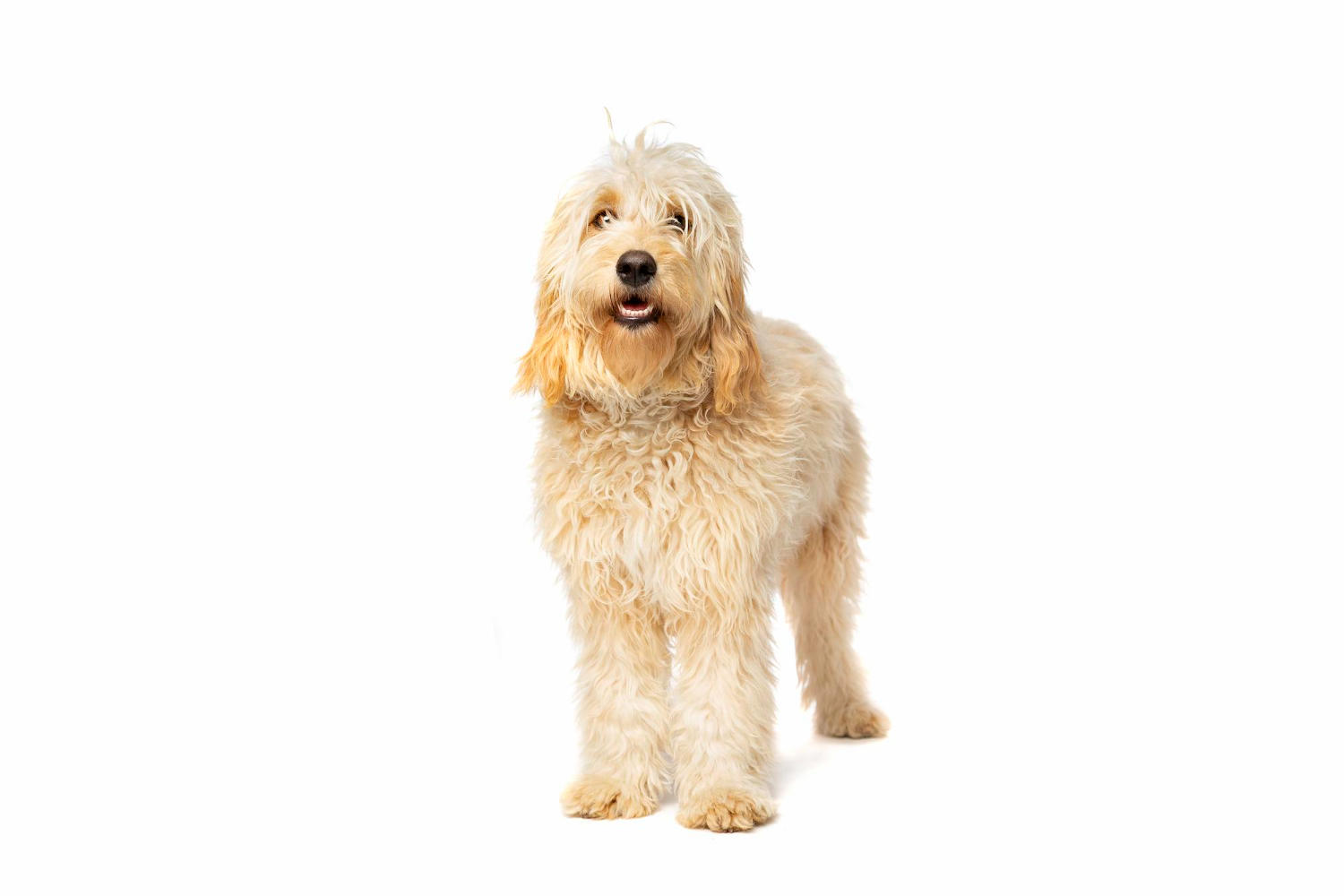Bernese Mountain Dogs are known for their loyalty, affectionate nature, and gentle disposition. These beautiful dogs are a popular choice among pet owners because of their calm temperament and their love for family. Unfortunately, Bernese Mountain Dogs are also known for their susceptibility to cancer. As a pet owner, it’s important to know the risks associated with your furry friend’s breed, so you can take preventive measures and keep them healthy and happy. In this blog post, we’ll delve into the topic of cancer in Bernese Mountain Dogs and answer the question, How common is cancer in Bernese Mountain Dogs? Let’s explore this topic together and uncover the truth.
Unveiling the Truth: How Common is Cancer in Bernese Mountain Dogs?
Bernese Mountain Dogs are a beautiful and majestic breed known for their loyalty, intelligence, and gentle nature. Unfortunately, they are also known for their susceptibility to certain health issues, including cancer. As a Bernese Mountain Dog owner, it is important to understand the prevalence of cancer in this breed and what you can do to help prevent it.
What is Cancer?
Cancer is a disease caused by the uncontrolled growth and spread of abnormal cells in the body. It can affect any part of the body and can take many different forms. Cancer can be benign (not cancerous) or malignant (cancerous). Malignant tumors can invade and damage nearby tissues and organs and can spread to other parts of the body through the bloodstream or lymphatic system.
How Common is Cancer in Bernese Mountain Dogs?
Unfortunately, cancer is quite common in Bernese Mountain Dogs. According to a study published in the Journal of Veterinary Internal Medicine, Bernese Mountain Dogs have a higher risk of developing cancer than any other breed of dog. The study found that 50% of Bernese Mountain Dogs would develop some form of cancer, and 25% of them would die from it.
The most common types of cancer in Bernese Mountain Dogs are:
– Mast cell tumors
– Osteosarcoma (bone cancer)
– Hemangiosarcoma (cancer of the blood vessels)
– Lymphosarcoma (cancer of the lymphatic system)
– Soft tissue sarcomas
What Causes Cancer in Bernese Mountain Dogs?
.png)
The exact causes of cancer in Bernese Mountain Dogs are not fully understood, but there are several factors that may contribute to its development. These include:
– Genetics: Bernese Mountain Dogs have a higher risk of developing certain types of cancer due to their genetics. Some studies have identified specific genes that may be responsible for this increased risk.
– Environmental Factors: Exposure to certain environmental factors, such as pollutants and chemicals, may increase the risk of cancer in Bernese Mountain Dogs.
– Diet: A poor diet that lacks essential nutrients may weaken a dog’s immune system and increase the risk of cancer.
– Age: Cancer is more common in older dogs, so Bernese Mountain Dogs over the age of 7 are at a higher risk.
How Can You Prevent Cancer in Bernese Mountain Dogs?
While there is no surefire way to prevent cancer in Bernese Mountain Dogs, there are several steps you can take to reduce their risk:
– Regular Check-ups: Regular visits to the veterinarian can help catch any potential health issues early, including cancer.
– Healthy Diet: Feeding your Bernese Mountain Dog a healthy and balanced diet can help boost their immune system and reduce the risk of cancer.
– Exercise: Regular exercise can help keep your Bernese Mountain Dog at a healthy weight, which can reduce the risk of cancer.
– Avoid Environmental Toxins: Try to limit your Bernese Mountain Dog’s exposure to environmental toxins, such as pesticides and household cleaners.
– Neutering: Neutering your Bernese Mountain Dog at a young age can greatly reduce the risk of certain types of cancer, such as mammary gland tumors.
If Your Bernese Mountain Dog is Diagnosed with Cancer
If your Bernese Mountain Dog is diagnosed with cancer, it is important to work closely with your veterinarian to determine the best course of treatment. Treatment options may include surgery, chemotherapy, radiation therapy, or a combination of these. Supportive care, such as pain management and nutritional support, may also be necessary.
Conclusion
While cancer is unfortunately common in Bernese Mountain Dogs, there are steps you can take to reduce their risk. Regular check-ups, a healthy diet, exercise, and avoiding environmental toxins can all help keep your Bernese Mountain Dog healthy and reduce their risk of cancer. If your Bernese Mountain Dog is diagnosed with cancer, work closely with your veterinarian to determine the best course of treatment. With proper care and attention, your Bernese Mountain Dog can lead a happy and healthy life.
In conclusion, Bernese Mountain Dogs are beautiful, loving, and loyal companions. Unfortunately, they are also prone to developing cancer, which can be devastating for both the dog and its owner. However, it’s important to remember that not all Berners will develop cancer, and there are steps you can take to reduce their risk. By being aware of the signs and symptoms of cancer, providing a healthy diet and regular exercise, and working with your veterinarian to monitor your dog’s health, you can help ensure that your Berner lives a long and happy life. Remember, early detection and treatment are crucial in fighting cancer, so don’t hesitate to seek veterinary care if you suspect something is wrong. Together, we can continue to raise awareness about cancer in Bernese Mountain Dogs and work towards finding new treatments and cures.


.png)
%20-%20Copy.png)
%20-%20Copy.png)
%20-%20Copy.jpg)


